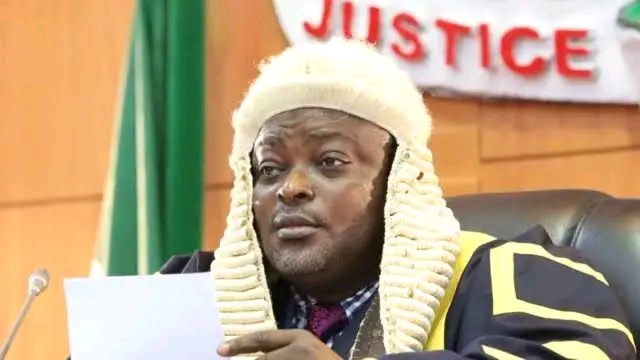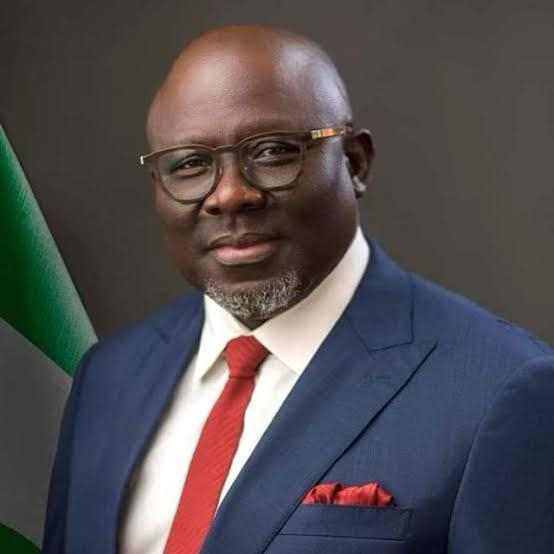The drama in the Lagos State House of Assembly has taken a legal turn as the impeached Speaker, Mudashiru Obasa, has officially filed a lawsuit against the Assembly and its newly elected Speaker, Mojisola Meranda. Obasa, who was removed from office on January 13, 2025, is challenging his impeachment in the Lagos State High Court, Ikeja, seeking an immediate reinstatement.
Through his legal counsel, Chief Afolabi Fashanu (SAN), Obasa contends that his impeachment was unconstitutional, as it occurred while the House was on recess, and without due process. His legal team argues that the lawmakers acted outside the provisions of the law, using what he described as “a fake mace” to execute his removal. Obasa has asked the court to nullify the impeachment, declare him the legitimate Speaker, and prevent Mojisola Meranda from acting in that capacity.
The case comes amidst reports of high-level political maneuvering, with President Bola Ahmed Tinubu reportedly intervening behind closed doors, instructing that Obasa be reinstated. However, a section of lawmakers, fearing retaliation should Obasa return to office, have resisted this directive. Despite efforts at political resolution, the former Speaker has now taken the battle to the courtroom, escalating the crisis within the Assembly.
Meanwhile, the Lagos State House of Assembly maintains that Obasa’s impeachment was conducted lawfully, citing gross misconduct and abuse of office as the reasons for his removal. The lawmakers argue that all constitutional procedures were followed, dismissing Obasa’s claims as a desperate attempt to cling to power.
As the legal battle unfolds, political observers believe the case will set a major precedent in Nigeria’s legislative history. The question now remains: will the court side with Obasa and overturn his impeachment, or will it uphold the authority of the Assembly and Mojisola Meranda’s leadership? The answer lies in the hands of the judiciary.







